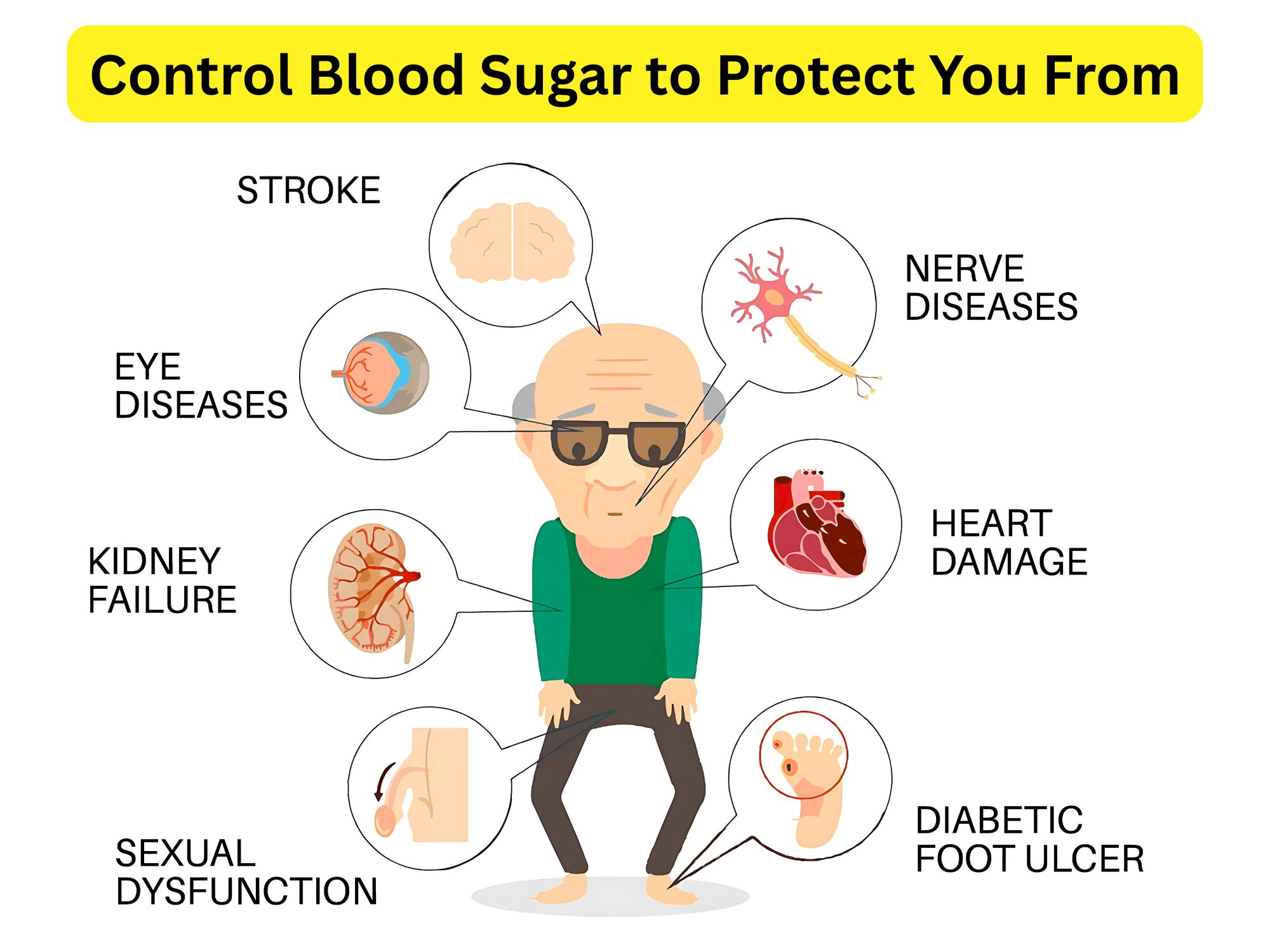Living Well with Diabetes in the Elderly
Diabetes — it's no longer a stranger to Malaysian households. In fact, it's a word we've grown used to hearing—at family gatherings, clinic visits, even on the morning news. But for those aged 65 and above, it’s more than just a health buzzword—it’s a daily reality.
Recent data shows that 29.3% of the Malaysian elderly population is living with diabetes1. That’s nearly one in three. And yet, many still believe that managing diabetes is simply about “cutting sugar.” The truth is far more complex—and deeply personal.
In the elderly, diabetes presents unique challenges. As metabolism slows with age, many unknowingly consume excess calories from the wrong sources—refined carbohydrates, sugary snacks, sweetened beverages2. Over time, this contributes to visceral fat accumulation, loss of muscle mass (sarcopenia), and what healthcare professionals now call sarcopenic obesity—a dangerous combination of fat and frailty3.
Complications also tend to be more severe in this age group. The risk of cardiovascular disease, kidney damage, nerve impairment, and vision loss increases significantly4. A skipped eye exam or missed foot check-up could mean the difference between independence and disability.
Ironically, fear of these complications often drives the elderly to the other extreme—eating too little. But overly restrictive diets can be just as harmful. Without adequate nutrition, the body weakens, immunity drops, healing slows, and appetite continues to decline.
So, what’s the way forward?
At this stage of life, nutrition must do more than fill the plate—it must bridge the gap between what the body needs and what it can manage. For many elderly individuals, eating more isn’t just about appetite. Dental problems or chewing difficulties often make solid food a struggle. In such cases, a concentrated, easy-to-consume nutritional solution becomes not just helpful—but essential.
Appeton Wellness 60+ Diabetic is an oral nutritional supplement designed specifically for the elderly with diabetes. Formulated in accordance with the Malaysia Medical Nutrition Therapy Guidelines for Diabetes Mellitus (2015), it provides essential nutrients in an easy-to-digest format that’s gentle on the body.

It contains inulin and pea fiber—functional ingredients that help stabilize blood sugar response. While its heart-friendly fat profile—low in saturated fats with added EPA and DHA—follows American Heart Association recommendations. As the kidneys are especially vulnerable in long-standing diabetes, the protein level is maintained at an optimal and adequate level - sufficient to maintain muscle mass, yet moderate to avoid overburdening the kidneys. The low sodium content supports healthy blood pressure and vascular health.
For the elderly living with diabetes, just two glasses a day can help fill nutritional gaps and support protection against diabetes complications.
Because it’s not just about living with diabetes—it’s about living well with it.

Learn more: Appeton Wellness 60+ Diabetic
References:
- Institute for Public Health (IKU). National Health and Morbidity Survey (NHMS) 2023: Non-Communicable Diseases and Healthcare Demand: Technical Report; 2024.
- Tang, Y., et al. (2025). Global burden of Type 2 Diabetes Mellitus attributable to dietary risks in elderly adults: insights from the Global Burden of Disease study 2021. Frontiers in Nutrition, 12. https://doi.org/10.3389/fnut.2025.1557923
- Newman, A.B., et al. Weight change and the conservation of lean mass in old age: the health, aging and body composition study. Am J Clin Nutr. (2005) 82:872–8. doi: 10.1093/ajcn/82.4.872
- Ministry of Health Malaysia. 2023. National Diabetes Registry Report 2023
